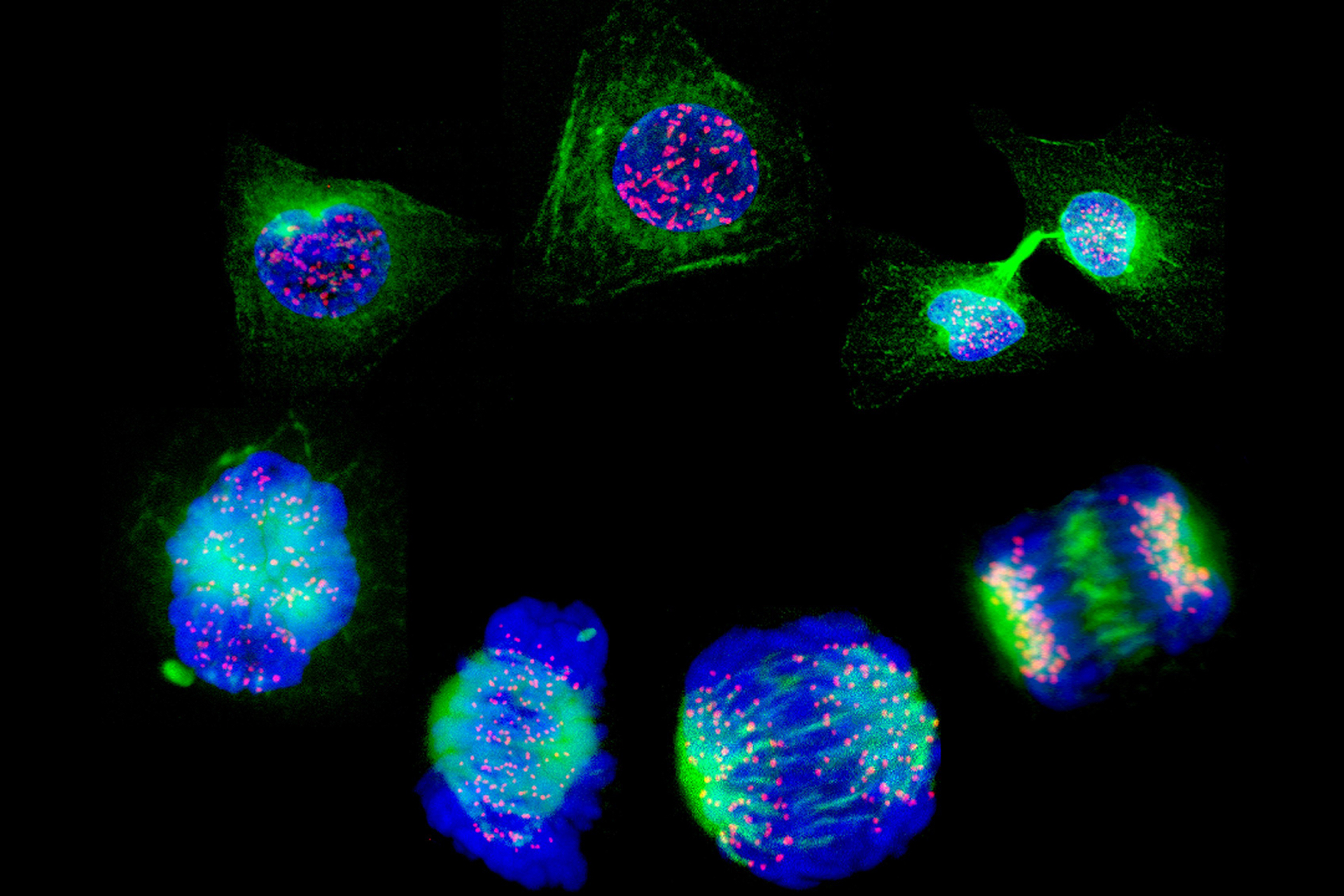A chemically-modified DNA enzyme can be used to 'silence' a harmful gene mutation found in many types of cancers.
Mutations in the KRAS gene are found in 25 percent of human cancers, and are known to contribute to unregulated cell growth and division. Researchers in California have modified a DNA enzyme, or 'DNAzyme', which is able to prevent the mutated KRAS protein from being produced, without affecting production of normal KRAS proteins.
'Generating DNAzymes that can effectively function in the natural conditions of cell systems has been more challenging than expected, our results suggest that chemical evolution could pave the way for development of novel therapies for a wide range of diseases,' said senior author Professor John Chaput, from the University of California, Irvine.
Gene silencing approaches target messenger RNA (mRNA), which is the template copied from the DNA that is used to create a protein. By destroying the mRNA for a specific gene, these therapies prevent a gene from being expressed, without making any changes to the genome.
Several gene-silencing drugs are on the market, but these use RNA-based approaches (eg, antisense oligonucleotides or RNAi) and are not sensitive enough to target single-point mutations.
DNA enzymes cut RNA, and are highly specific, allowing them to distinguish between RNA sequences that differ only by a single base. However, despite being well tolerated by patients, RNA-modifying DNA enzymes have so far shown poor results in clinical trials. This is partially due to their activity depending on highly specific conditions.
In the study published in Nature Communications, the group modified the DNA enzyme to increase activity. Traditional DNA enzymes show elevated activity when magnesium levels are much higher than those found in cells. Multiple modifications to the DNA enzyme that reduced the dependency on magnesium, resulted in increased activity under conditions comparable to the human cellular environment.
They were also able to demonstrate that the enzyme could target mRNAs carrying the point mutation, but not affect mRNAs with the healthy KRAS sequence.
Only one gene was targeted in the study, so further experiments are required to show how well this approach translates to other gene targets and diseases. University of California, Irvine and the researchers have filed a provisional patent application.
'The next steps are to advance [the DNAzyme] to a point that it's ready for pre-clinical trials,' said Professor Chaput.




Leave a Reply
You must be logged in to post a comment.